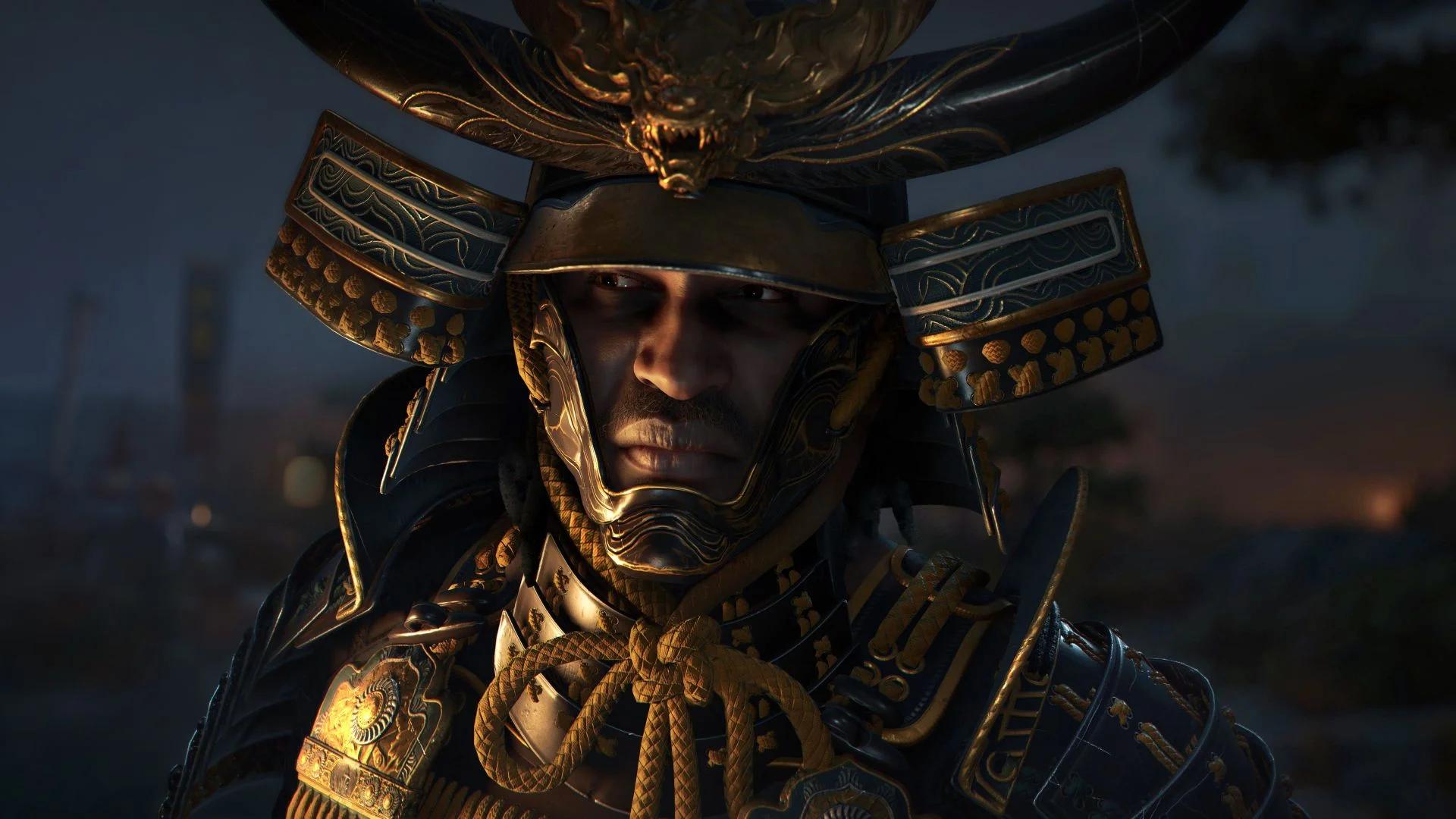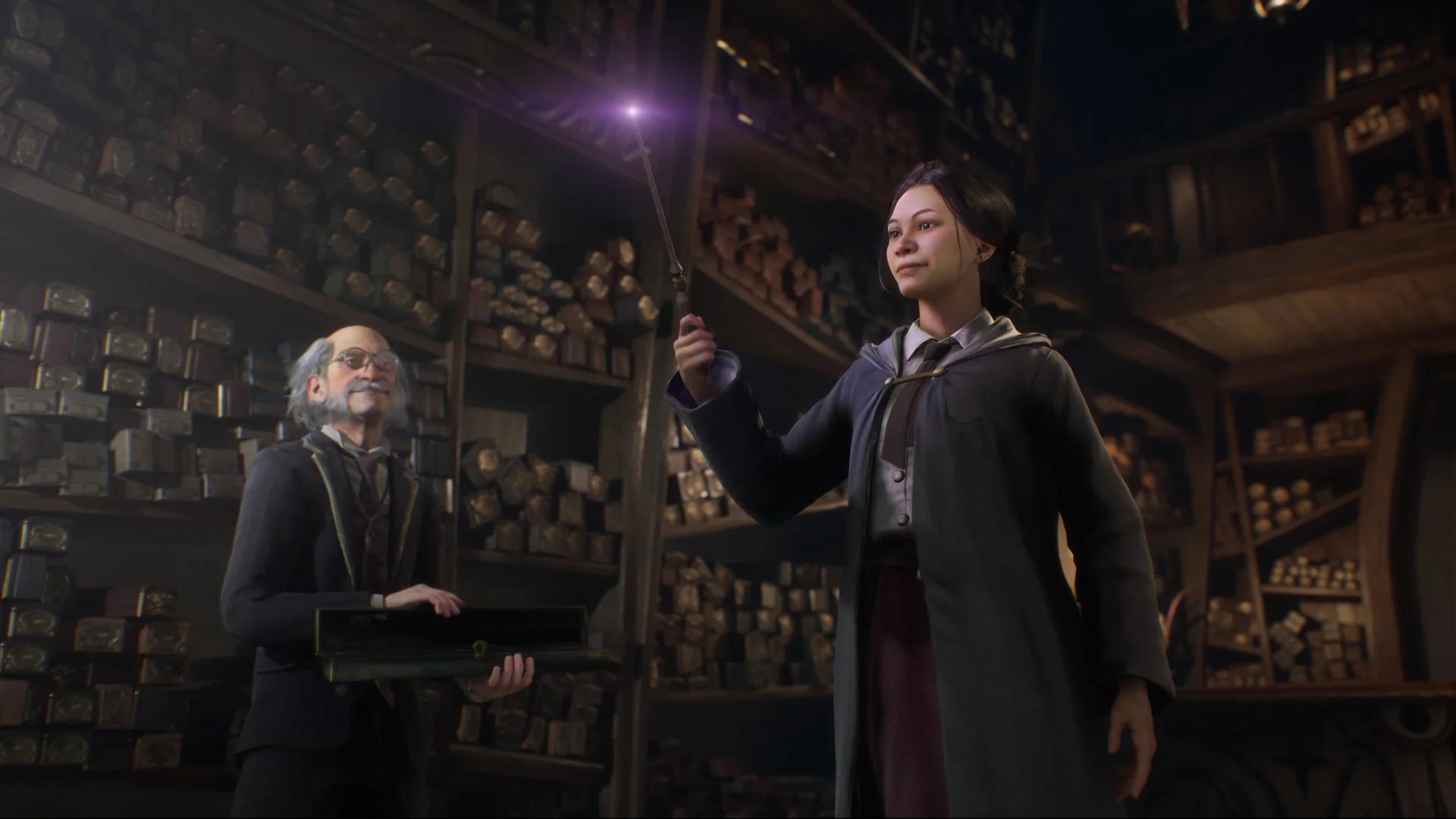
The general consensus is that negative attention is still attention. Video games have long been a topic of debate, particularly in the early 2000s when authorities took extra steps to prohibit certain games because of their violent content. It’s quite an interesting period in gaming history!
Today, controversies have grown into intricate problems, frequently linked to political disagreements, such as the heated online discussions about Assassin’s Creed Shadows on social media platforms. The developers endured harassment from a swarm of internet trolls, leading Ubisoft to gather a complete legal team to manage the situation. Additionally, the game encountered criticism due to Yasuke’s representation, with critics arguing that he was not historically a samurai.

Today’s gaming community often finds itself divided by intricate discussions about minute aspects. However, one might question whether these differences truly hold significant importance.
Ultimately, these disputes have actually boosted the popularity of the games involved. Despite being subjected to a synchronized harassment campaign, Assassin’s Creed Shadows stood its ground, attracting more than two million players during its inaugural weekend. Since then, it has risen to become the second highest-selling Assassin’s Creed game, with only Valhalla outperforming it—a game that saw some of its success due to the pandemic, as people were forced to stay at home.
In a similar vein to Assassin’s Creed Shadows, Hogwarts Legacy also faced an unsuccessful backlash campaign two years ago. This game sparked controversy online as some gamers attempted to boycott it due to its connection with J.K. Rowling, who is widely debated and divisive on the internet.
Initially, when Hogwarts Legacy was released, it turned out to be the top-selling game of the year, moving over 12 million units and earning a revenue of more than $800 million. The boycott attempts had minimal impact, and even those who previously criticized the game have now found themselves drawn into its expansive wizarding world fantasy.

In a similar fashion, there was uproar among certain gamers concerning the sexual orientation of the main character in Kingdom Come: Deliverance 2. However, this controversy appeared to have minimal impact – the game managed to sell an impressive two million copies within just one month, which represents a significant milestone for Warhorse Studios.
In essence, it’s quite remarkable that on such a broad platform as the internet, individuals from diverse political backgrounds congregate. Surprisingly, contentious issues seldom hamper a game’s popularity as much as pundits might anticipate.
Even renowned developer Hideki Kamiya, known for creating games like Devil May Cry, Okami, and Bayonetta, expressed his viewpoint that video game controversies generally don’t pose significant issues for the average person, and undeniably, he hits the mark with this statement.
Many individuals who genuinely purchase and appreciate these games often disregard the uproar on the internet. These people lead ordinary lives with jobs, implying they don’t spend all their time staring at screens, participating in endless discussions. It’s true that a vocal minority will always be present, but their fabricated controversies not always resonate with everyone.
The increasing divide within the gaming community mirrors our contemporary societal state, and unfortunately, the current political atmosphere seems to exacerbate tensions in the industry. It appears that an increasing number of games are becoming focal points for protest movements. However, personally, I simply wish to immerse myself in video games, ignoring any surrounding commotion.
RELATED: I’m Glad Assassin’s Creed Shadows Is Finally Out—Now Everyone Can Shut Up
Read More
- Gold Rate Forecast
- 10 Most Anticipated Anime of 2025
- Grimguard Tactics tier list – Ranking the main classes
- PUBG Mobile heads back to Riyadh for EWC 2025
- Castle Duels tier list – Best Legendary and Epic cards
- USD MXN PREDICTION
- Silver Rate Forecast
- Brent Oil Forecast
- How to Watch 2025 NBA Draft Live Online Without Cable
- USD CNY PREDICTION
2025-03-25 14:42